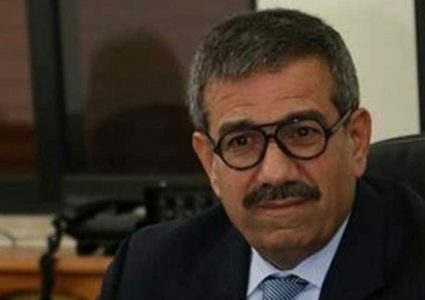The state of polarization and political division within Israeli society, and among the leadership of Israeli political, security and military decision-making, is increasing. It is becoming more intense after the end of the first round of implementing the steps of the truce deal and ceasefire, and the start of negotiations and their preliminaries regarding the second round of the agreement. Will it be completed with all its pros and cons or will it stop with all its consequences?
The society and decision-making institutions of the colony are divided into two groups that are not necessarily equal, each with its own rules, biases, and justifiable motives.
The first team is working and pressing towards continuing the ceasefire, completing the steps of the truce agreement, and releasing the remaining Israeli prisoners, after the success of the steps of the first stage, and the implementation of its provisions by the two parties to the conflict: 1- By the Palestinian resistance, 2- By the occupation forces, the colony army, and the security services, despite the difficulties, procedural obstacles, and deliberate or accidental attempts at obstruction.
The second team has no interest in a ceasefire for personal reasons, opportunistic partisan motives, or racist ideology.
The first team is represented by the families of the Israeli prisoners who have not yet been released, as the agreement is gradual, multi-step, and the mutual freedom of the prisoners is carried out in stages.
These people express their motives and demands through almost daily protests and tangible demonstrations that attract and support other segments of solidarity, represented by the families of soldiers killed in the past months. They do not find that any political or deterrent gains have been achieved against the “Palestinian enemy.” Rather, the “enemy” is still capable and present, as evidenced by its ability to hold prisoners, the organization’s ability to release prisoners, the availability of logistical capabilities to hide, and the availability of weapons and accompanying services.
The families of thousands of soldiers and officers who are still in reserve are also in solidarity with them and participating in the protest.
And mandatory conscription for nearly a year and a half without a specific horizon.
These people believe that the continuation of the war will lead to more losses of prisoners, more than thirty of whom were killed due to deliberate or random Israeli bombing, and that there is no way to release the Israelis except through agreement and prisoner exchange.
The military and security establishment also does not find that it has strategic goals that can be achieved or undermined in the Gaza Strip, after the destruction and bombing of everything existing throughout the Strip.
Military and security leaders also believe that continuing the war through an invasion will give the Palestinian resistance opportunities to pounce and snipe at soldiers and vehicles due to the destruction, devastation, and accumulation of debris that hinders Israeli movements. Otherwise, priority and freedom of movement will be given to the Palestinians. Therefore, they do not favor re-invasion. If the war is resumed, it will be limited to bombing operations, unrestricted except for more destruction of civilian homes.
This conflict between the options of the two parties to the division and dispute will constitute obstacles to delay, but it will not cancel the continuation towards the option of a ceasefire and prisoner exchange.







Share your opinion
Israeli division